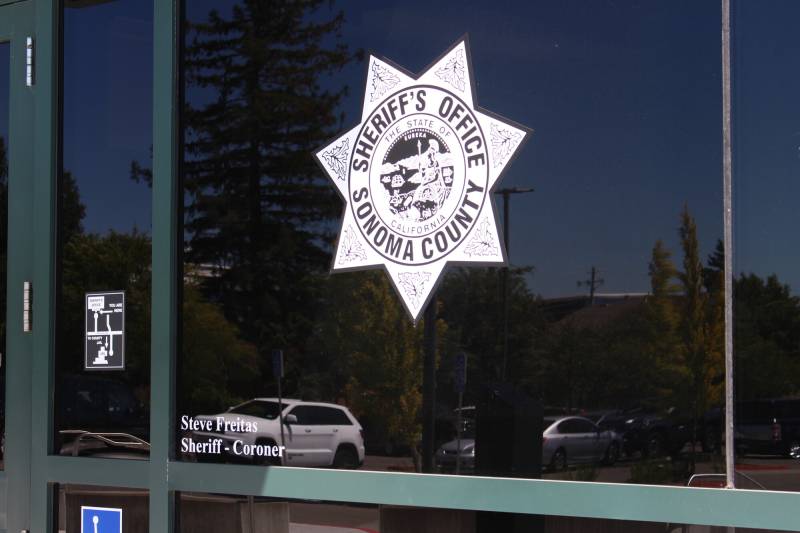“The director of IOLERO has subpoena power, so if the Sheriff is obstructing, interfering or refusing to comply with the subpoena power then the implications of that are pretty far,“ said Carl Tennenbaum, a member of Community for Law Enforcement Accountability Now, a pro reform organization promoting independent oversight of sheriff’s offices throughout the state. “Depending on how the court decides, it’ll have a ripple effect on all of oversight at least in California.”
In an email to KQED, Sheriff Eddie Engram said he is committed to maintaining transparency in the Sheriff’s Office while also upholding the rights of employees.
“For the sheriff to refuse to comply just shows a continued pattern of attempting to subvert oversight and accountability, and the question is, why?” Tennenbaum said.
Attorneys representing the parties at the hearing referred to a letter of agreement that was originally drafted between Sonoma County and the Deputy Sheriff’s Association in 2022. It outlines the powers of IOLERO as an oversight board for the Sheriff’s Office following changes in state and local laws that granted the watchdog office more tools to enforce accountability.
Throughout the hearing, parties argued over three sources of IOLERO’s powers: the agreement, a voter-approved ordinance providing more powers to the oversight office, and a 2021 state law passed after the murder of George Floyd that explicitly grants subpoena power to agencies like IOLERO. They also debated over whether the commission was right to call its director “Inspector General,” a distinction that would further legitimize the agency’s power to compel the sheriff to provide information.
Geoffrey Spellberg, the attorney representing IOLERO, noted during the hearing that the terms listed in the letter of agreement governing the agency are “more than broad enough” to permit IOLERO’s subpoenas in the whistleblower case. He argued that a county ordinance and state law provided the oversight board with clear subpoena authority over the Sheriff’s Office.
“In furtherance of conducting an independent investigation, IOLERO may … [s]ubpoena testimony and/or documents as deemed necessary,” the letter of agreement cited by Spellberg says.
But attorneys with the Sheriff’s Office and the union disagree. According to the attorney representing the Deputy Sheriff’s Association, Jonathan Murphy, those powers do not apply to whistleblower complaints brought by sheriff’s employees. The agreement states that IOLERO’s independent investigation powers apply only in cases involving the death of someone in custody or those in which an initial sheriff’s investigation was deemed deficient.
The judge is set to issue a ruling on Sept. 26.
“This will be a seminal case in oversight of the Sheriff’s Office throughout California. Whatever the judgment ruling is for Sonoma County will reverberate throughout the state,” Tennenbaum said.
